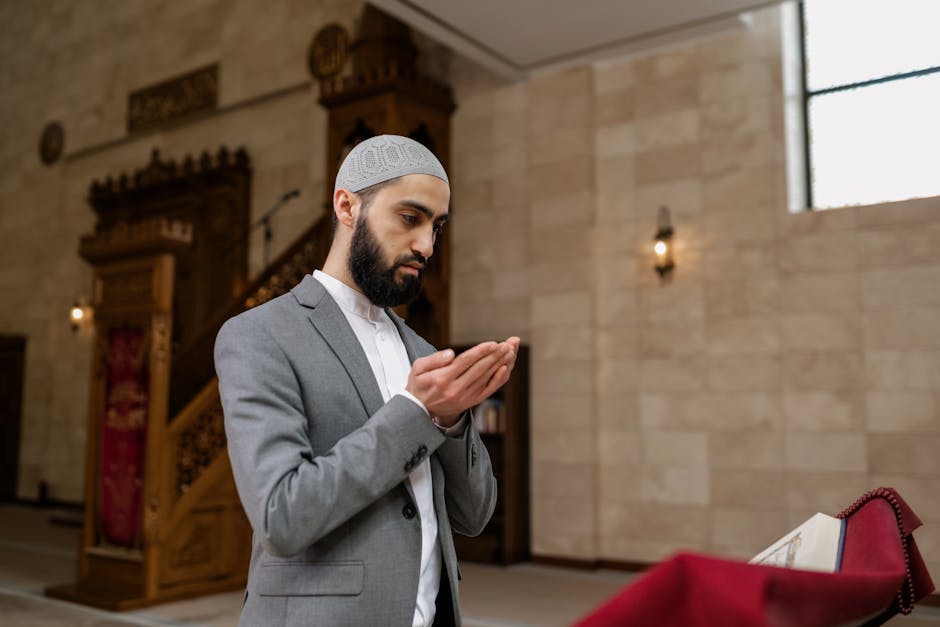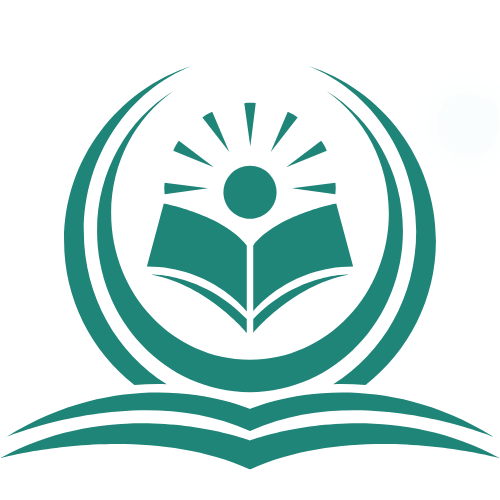Essential Duas Course: For Kids & Adults
Our Essential Duas Course is designed to teach Muslims of all ages—children, teenagers, and adults—the fundamental supplications (duas) that are integral to daily life. Through engaging lessons and interactive sessions, students will learn to recite, understand, and incorporate these duas into their daily routines, enhancing their spiritual practice and connection with Allah.
Duaa Course

In Islam, dua (دعاء) is the Arabic term for supplication or invocation. It is a personal request to Allah (God), where a Muslim asks for His help, guidance, forgiveness, protection, and blessings. Duas are a way for Muslims to connect with Allah, express their needs, and seek His mercy. The practice of making dua is deeply ingrained in a Muslim’s life, and it is performed during both good and difficult times. It is a beautiful form of worship that enhances a Muslim’s relationship with their Creator.
Dua is not just a ritual, but a form of communication with Allah. It holds great significance and is encouraged throughout a Muslim’s life. Allah says in the Qur’an:
“And your Lord says: Call upon Me; I will respond to you.” (Quran 40:60)
This verse emphasizes that Allah invites us to call on Him and promises to respond to our supplications. Dua can be made for any need or desire, whether personal, spiritual, or worldly. It is not limited by time or place, and can be done at any moment of the day or night.
Course Content Overview
Our Essential Duas Course is carefully designed to teach Muslims of all ages the duas (supplications) that form the core of daily Islamic practice. The course encompasses a variety of duas, including those from the Quran, Hadith, and other sources, allowing students to connect deeply with Allah through meaningful supplication.
In this course, we have structured the content to be accessible for both children and adults, keeping their learning needs in mind. The course will teach duas relevant to everyday life, offering practical supplications for various situations.This The Zkar Course will cover the following topics:
-
Introduction to Islamic Law: Students will be introduced to the foundational principles of Islamic law (Sharia), focusing on the development of fiqh (Islamic jurisprudence) and its early evolution.
-
Study of Purification Methods: The course will include a detailed study of the Islamic rules and methods of purification, such as wudu (ablution) and ghusl (full body purification), and their significance in maintaining spiritual and physical cleanliness.
-
Comprehensive Prayer Studies: The course will provide an in-depth exploration of the five daily prayers (Salah), covering their significance, proper performance, and detailed steps for each prayer.
This course delves into the occasions and times when the supplications (Dua) of a Muslim are guaranteed to be accepted according to the teachings of Prophet Muhammad (SAW). It will explore key Hadiths related to the power of Dua during specific times, situations, and circumstances, and will provide practical insights on how to make the most of these blessed moments.
Types of Duaa Taught In This Course
Throughout this course, students will explore various types of duas that are essential to daily life. These include duas directly from the Quran, Hadith, and additional categories like personal duas for specific needs. Below is an overview of the types of duas you will learn:
1. Quranic Duas
These are duas that are directly from the Holy Quran, and they form an integral part of Islamic practice. Quranic duas are often used in prayers, during times of need, and as part of daily supplications.
Example:
رَبَّنَا لَا تُزِغْ قُلُوبَنَا بَعْدَ إِذْ هَدَيْتَنَا وَهَبْ لَنَا مِنْ لَدُنْكَ رَحْمَةً إِنَّكَ أَنتَ الْوَهَّابُ
Translation: “Our Lord, do not let our hearts deviate after You have guided us and grant us mercy from Yourself. Indeed, You are the Bestower.”
Reference: Quran 3:8
2. Hadith Duas
These duas are taken from the sayings and teachings of the Prophet Muhammad (PBUH). Hadith duas are often recited to seek Allah’s mercy, protection, and blessings.
Example:
اللَّهُمَّ إِنِّي أَعُوذُ بِكَ مِنْ فَتْنَةِ النَّارِ وَمِنْ فَتْنَةِ الْمَسِيحِ الدَّجَّالِ وَمِنْ فَتْنَةِ الْمَوْتِ وَمِنْ فَتْنَةِ الْمَحْيَا وَالْمَمَاتِ
Translation: “O Allah, I seek refuge in You from the trial of the Fire, the trial of the Antichrist (Dajjal), the trial of death, and the trial of life and death.”
Reference: Hadith, Sahih Muslim
3. Duas for Protection
These duas are recited to seek Allah’s protection from harm, evil, and affliction. They include duas for personal safety, as well as protection from shayatin (evil spirits).
Example:
أَعُوذُ بِكَلِمَاتِ اللَّهِ التَّامَّاتِ مِنْ شَرِّ مَا خَلَقَ
Translation: “I seek refuge in the perfect words of Allah from the evil of what He has created.”
Reference: Hadith, Sahih Muslim
4. Duas for Forgiveness
These duas are recited to seek Allah’s forgiveness and mercy, especially when one seeks to repent for sins and errors.
Example:
اللَّهُمَّ اغْفِرْ لِي وَارْحَمْنِي وَأَنْتَ خَيْرُ الرَّاحِمِينَ
Translation: “O Allah, forgive me, have mercy on me, and You are the Best of the Merciful.”
Reference: Hadith, Sahih Muslim
5. Duas for Gratitude and Praise
These duas help us express our gratitude to Allah for His blessings and mercy. Reciting these duas helps cultivate a mindset of thankfulness.
Example:
اللَّهُمَّ مَالِي فِيهِ لَا تَكَلُّهُ إِلَّا أَنْتَ
Translation: “O Allah, I am grateful for what You have given me, and I have no power except in You.”
Reference: Hadith, Sahih al-Bukhari
6. Personal Duas
These are personalized supplications, which can be recited for specific needs and situations. Whether it’s for guidance, health, wealth, or peace of mind, these duas can be adapted for a wide range of circumstances.
Example:
اللَّهُمَّ إِنِّي أَسْأَلُكَ رَحْمَتَكَ وَمَغْفِرَتَكَ وَعَافِيَتَكَ
Translation: “O Allah, I ask You for Your mercy, forgiveness, and well-being.”
Reference: Personal Duas
Who Should Take This Course ?
Everyone, regardless of age or gender, should take the Azkar course to enhance their understanding of Dua. Basic knowledge of Arabic is required, and those unable to attend in-person classes can benefit from online courses. While certain groups like the elderly, children, travelers, or the sick may be exempt from specific lessons, everyone should engage with the course to deepen their knowledge. For children, online Islamic lessons offer a flexible, innovative way to learn, with free trials available to help decide the best option.
Let's Gain Lasting Blessings Of Allah
Have questions or need more information? Contact us to start your path to unlock divine guidance, deepen your faith and develop a lifelong relationship with the Quran.
- +92 3014227215
- Faisalabad ,Pakistan
